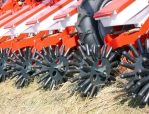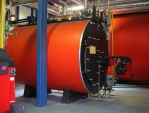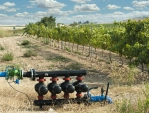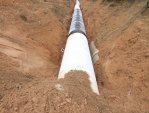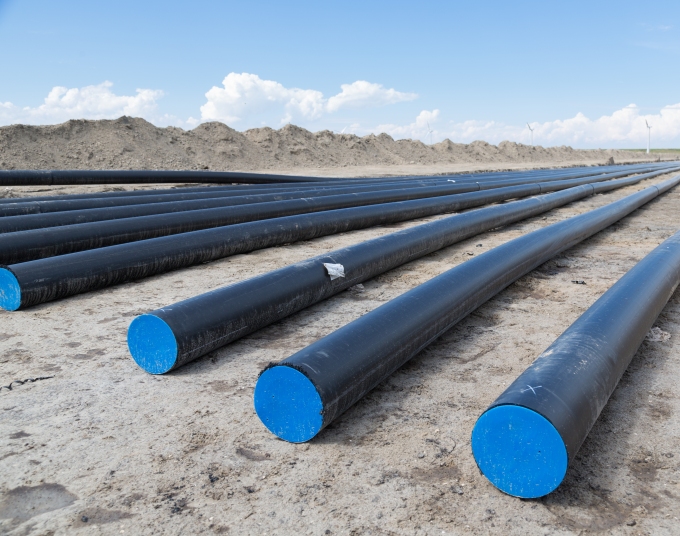
The history of agriculture dates back thousands of years, and its development has been driven and defined by greatly different climates, cultures, and technologies. In the developed world, industrial agriculture based on large-scale monoculture has become the dominant system of modern farming, although there is growing support for sustainable agriculture (e.g. permaculture or organic agriculture). SIS believes that this is the first step in this ancient industry becoming more sustainable and it is mostly now in the replacement of traditional non-sustainable materials which will allow the industry to take further steps in sustainability.
The Agricultural industry only recently has embraced the use of our materials including 100% recycled plastic, FRP and WPC given their inherent ability to withstand harsh environments and overall delivering stakeholders a much lower maintenance requirement. These materials when compared to traditional materials such as timber, will outlast, outperform and over time be more cost effective given benefits such as that they will not be attacked by termites or suffer water ingress leading to rotting. This for the large corporation down to the small acre farmer makes a huge difference in day to day maintenance scheduling and bottom line at the same time allowing them to install a more environmentally secure product.
An example of this exists in the way of companies undertaking large scale post replacement projects in viticulture where globally, treated timbers are being replaced with non-toxic sustainable alternatives such as SIS’s WPC and FRP offerings. Traditionally, but not always, SIS can assist the agriculture industry in increasing profits, environmental awareness, productivity and reducing maintenance by re-inventing and designing traditional products using new age sustainable materials.
Project Photos:

